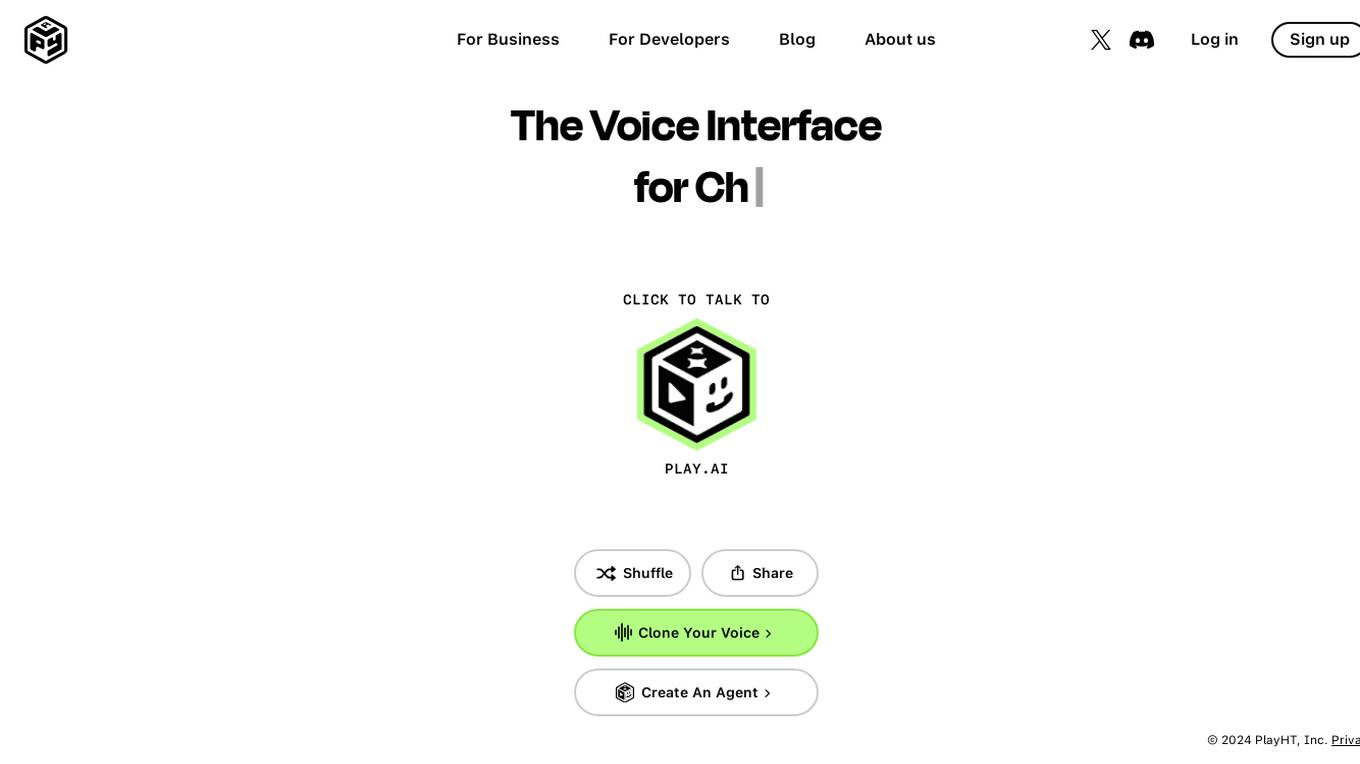Best AI tools for< Shuffle Voices >
3 - AI tool Sites

PlayAI
PlayAI is an AI tool designed for businesses and developers to create voice interfaces effortlessly. The platform allows users to generate conversational agents by simply tapping or clicking, enabling them to shuffle, share, and clone voices. PlayAI offers a user-friendly interface for building agents, making it easy to customize and deploy voice interactions. With a focus on simplicity and efficiency, PlayAI aims to revolutionize the way businesses and developers engage with their audience through voice technology.

My AI Tarot
My AI Tarot is an AI-powered platform that offers free, interactive tarot readings for both serious inquiries and fun seekers. The platform follows traditional tarot rules to interpret results accurately. Users can ask questions, shuffle cards, and receive insightful guidance. Tarot is an ancient practice involving 78 cards divided into Major Arcana and Minor Arcana, providing insights into life, emotions, and future possibilities. My AI Tarot aims to provide a versatile and enriching experience for users, catering to individual needs and interests.

Shuffll
Shuffll is an advanced video creation studio that makes it super easy to create incredible videos, as if you had an in-house production team. Scale your video content, at a fraction of the cost and time. Shuffll is a cutting-edge virtual studio for video creation. Powered by Gen AI, Shuffll taps into your brand and content to create compelling copy, amazing motion art, and engaging storylines within minutes.